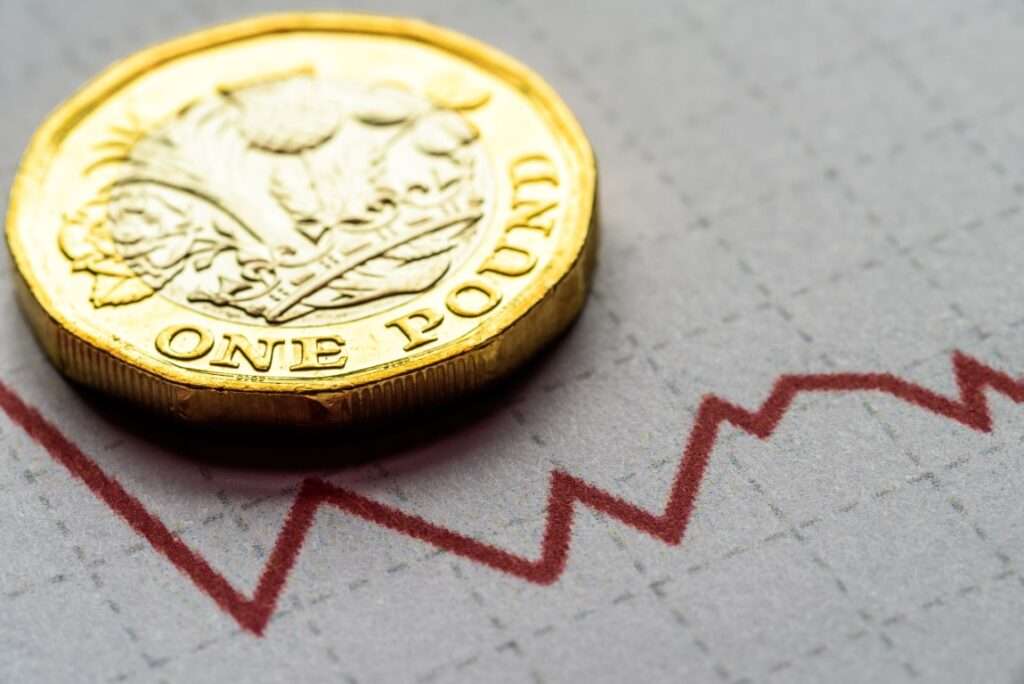
There has been much talk of what to expect from the economic fall out of the Coronavirus pandemic, ranging from the hysterical to the probably far too optimistic.
Apocalyptic predictions of economic ruin have thankfully failed to pass, but also the landscape appears to have become much clearer in terms of what the post-Covid economy may look like.
We’ve written previously about who we expect to be the winners and losers of such a world, and that isn’t looking as though it’s really changing too much from the predictions we made earlier in the month.
In terms of consumer behaviour and demand, once again there’s little that’s occurred that’s really made us change our minds as to what life will look like once lockdown has finished. Broadly we should see property do pretty well, as well as supermarkets and online delivery businesses, whilst airlines and the travel industry are probably in for quite a rough ride.
That being said, whilst we know that the UK and probably the wider Western world are pretty much into a recession as we speak, speculation had been concentrated around how long that was likely to last and how long a recovery may take to make an appearance.
Whilst not wanting to sound too optimistic for fear of overshooting their predictions, treasury and Bank of England representatives have cut a cautiously upbeat outlook so far, and this seems the most sensible approach to take for now whilst waiting for more concrete evidence of recovery and improved consumer sentiment.
Bank of England
Despite initial caution, the Bank of England’s chief economist Andy Haldane was reported in The Guardian this week talking up the country’s chances of a swift recovery. Although it’s unlikely that the recovery will be swift enough to reach the pre-pandemic peak, it also looks likely to be swifter than some imagined.
The same article mentioned that on average, more than 70 economists surveyed forecast that Britain’s economy would contract 7.7% this year, then grow by at least 5.2% in 2021.
That of course is a prediction that would see the economy reducing for most of the year, probably up to somewhere like the autumn, but then begin a swift upward tick towards recovery into the winter and early next year.
That would more than likely translate into quite dramatic falls for vulnerable industries like travel and hospitality whilst more protected industries such as property and manufacturing would see slower, more moderate drops or stagnation and then a slower growth.
The Bank of England’s Monetary Policy also said that ‘a rapid recovery should be expected next year, leading to its scenario being viewed as relatively rapid V-shaped.’
This has been received as really positive news across the board, with suffering industries feeling reassured and confidence bolstered across more robust industries.
Given that investment has hardly been curtailed within UK property, this could also see a not insignificant increase in inward investment.
Given the turbulent and uncertain times we’ve been living through, this would be a welcome development.